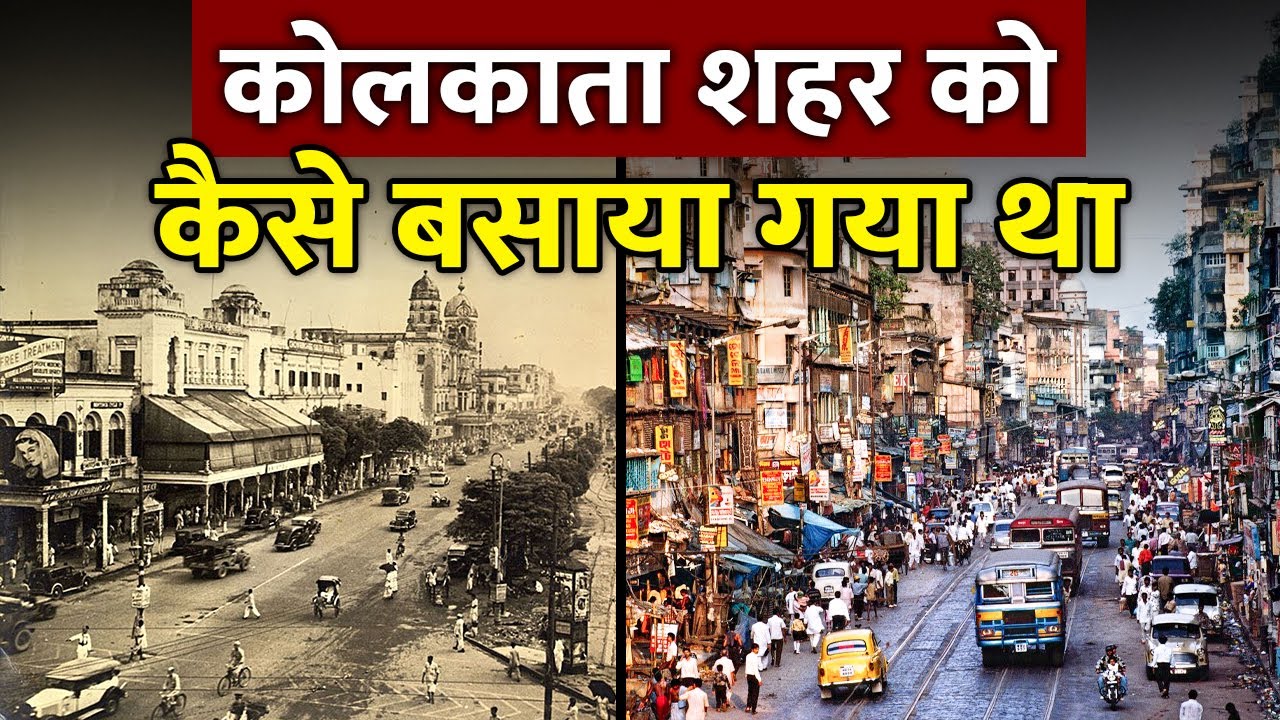Africa's North Korea
Summary
TLDRThe video delves into Eritrea's transformation into a strategic region post the Suez Canal's opening, highlighting its militaristic culture and the Eritrean People's Liberation Front's (EPLF) rise to power. It discusses the country's command economy, where conscripts form the backbone of the nation's workforce under harsh conditions. Eritrea's isolation, human rights issues, and the impact of its diaspora on the economy are also explored, drawing parallels with North Korea.
Takeaways
- 🚧 On November 17th, 1869, the Suez Canal's opening made the Red Sea, including the port of Assab, strategically significant for global shipping routes.
- 🏰 An Italian navigation company purchased Assab just two days before the canal's opening, demonstrating strategic foresight.
- 🗓 Eritrea, sometimes referred to as Africa's North Korea, has been under single-party rule since gaining independence in 1991.
- 🔫 Eritrea has one of the highest ratios of active military reserves per capita and enforces mandatory conscription for both men and women, often for their entire working lives.
- 🏭 Conscripts in Eritrea are utilized not just for military purposes but also as the backbone of the country's infrastructure, services, and administration.
- 💔 Eritrea faces significant challenges with human development, with around 800,000 citizens (about 1/5 of the population) fleeing the country by 2023.
- 🚀 Despite similarities, Eritrea differs from North Korea in key aspects, such as the absence of a nuclear weapons program and the possibility of returning after leaving the country.
- 🎖 Eritrea's identity was forged through a long history of conflict, including resistance against Italian and Ethiopian rule, culminating in a 30-year war for independence.
- 🏛 The Eritrean government, led by Isaias Afwerki, is characterized by paranoia, isolationism, and harsh punishments, including the use of shipping containers as makeshift prisons.
- 🛑 Eritrea's economy is a command economy dominated by the ruling party, with private enterprise outlawed and a significant portion of the population working in forced labor conditions.
- 🌐 Eritrea's diaspora plays a crucial role in the country's economy, with remittances estimated to contribute 20-40% of the GDP, despite the government's efforts to tax and control these funds.
Q & A
Why did the Red Sea become a strategic region after the opening of the Suez Canal?
-The Red Sea became a strategic region because the Suez Canal allowed ships to sail through it instead of going all the way around Africa, making it a crucial shortcut for global trade and naval routes.
What is the significance of the Italian navigation company's purchase of the port of Assab?
-The Italian navigation company's purchase of Assab was significant because it occurred just two days before the opening of the Suez Canal, positioning them strategically in a region that became vital for global shipping.
Why is Eritrea sometimes referred to as Africa's North Korea?
-Eritrea is sometimes called Africa's North Korea due to its highly militarized society, one-party rule, and isolationist policies, which draw parallels with North Korea's political and social structure.
What is the mandatory conscription policy in Eritrea, and how does it affect the citizens?
-In Eritrea, mandatory conscription is enforced for both men and women starting from the last year of high school until they are dismissed, sometimes in their 40s or 50s. This policy effectively turns conscripts into a mass labor force for the country's infrastructure, services, and defense, often under harsh conditions and with little pay.
How has Eritrea's history of conflict and war shaped its society and economy?
-Eritrea's history of conflict, including its struggle for independence and subsequent wars, has led to a society heavily reliant on its military. This has resulted in a command economy where the government and conscripts control most aspects of the economy, leading to a lack of private enterprise and significant economic challenges.
What are the key differences between Eritrea and North Korea?
-While Eritrea and North Korea share some similarities, key differences include Eritrea's lack of a nuclear weapons program, the possibility of returning to the country after leaving, more exposure to the outside world through TV and the internet, and a focus on nationalistic loyalty rather than loyalty to a ruling family.
How has Eritrea's government responded to the country's economic challenges?
-Eritrea's government has maintained a command economy, with the ruling party controlling most aspects of trade, construction, and services. They have also relied on remittances from the large Eritrean diaspora, imposing a 2% tax on citizens living abroad, and emphasizing self-reliance despite economic difficulties.
What is the role of the Eritrean diaspora in the country's economy?
-The Eritrean diaspora plays a significant role in the country's economy by sending remittances back home, which are estimated to contribute 20 to 40% of Eritrea's GDP. This financial support helps stabilize the economy and provides a lifeline for many families.
Why is there a lack of information coming out of Eritrea?
-There is a lack of information coming out of Eritrea due to the government's control over media and communication, as well as the strict limitations on foreign reporting and the detention of journalists and citizens who challenge the government.
How does Eritrea's command economy impact its citizens and the country's development?
-Eritrea's command economy, where the government controls most businesses and services, results in limited private enterprise and economic development. This system often relies on forced labor and low wages, which can lead to poverty and a lack of investment in infrastructure and social services.
Outlines

このセクションは有料ユーザー限定です。 アクセスするには、アップグレードをお願いします。
今すぐアップグレードMindmap

このセクションは有料ユーザー限定です。 アクセスするには、アップグレードをお願いします。
今すぐアップグレードKeywords

このセクションは有料ユーザー限定です。 アクセスするには、アップグレードをお願いします。
今すぐアップグレードHighlights

このセクションは有料ユーザー限定です。 アクセスするには、アップグレードをお願いします。
今すぐアップグレードTranscripts

このセクションは有料ユーザー限定です。 アクセスするには、アップグレードをお願いします。
今すぐアップグレード関連動画をさらに表示

How Will Mudh-Nyoma Airfield Boost India's Strategic Capabilities? | The News9 Plus Show

President Isaias Afwerki | Talk to Al Jazeera

HGGSP PREMIÈRE : ESSOR ET DECLIN DES PUISSANCES, UN REGARD HISTORIQUE

The Complete History of China | Compilation

Why Anchorage is America's Most OP City

3 गांवों को मिलाकर अंग्रेजों ने कैसे बसाया कोलकाता? | History Of Kolkata : Kolkata Ka Itihaas
5.0 / 5 (0 votes)
